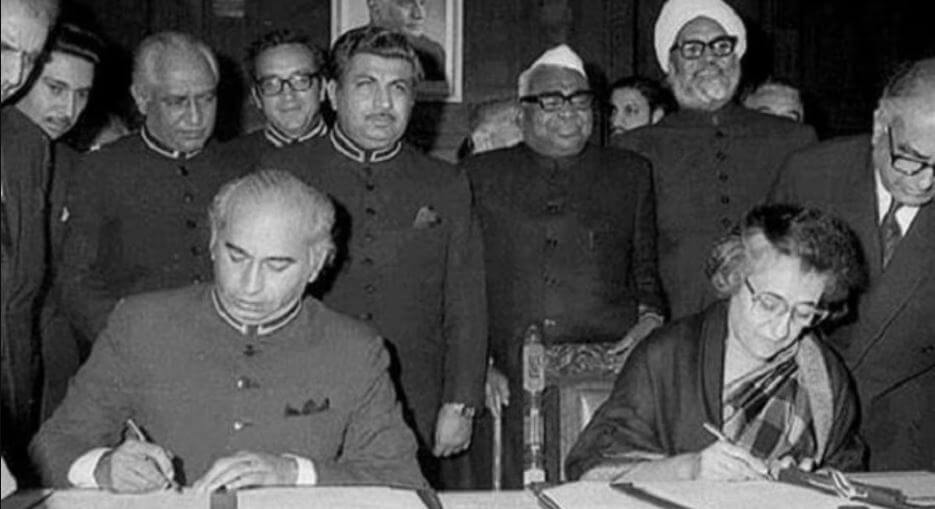
On August 2, 1972, India and Pakistan signed the Shimla Agreement, which authorized India to free all 93,000 Pakistani POWs captured during the 13-day India-Pakistan War. Many questioned Prime Minister Indira Gandhi’s decision, saying it was a squandered chance to talk with Pakistan and resolve the Kashmir issue on India’s terms. Here lies India’s Diplomatic failure back in Indira Gandhi’s days of power, being challenged even today, questioning the purpose and circumstances surrounding the release of POWs. if any compelling circumstances have gone unreported, they should be made public so that future generations might learn from history’s mistakes.
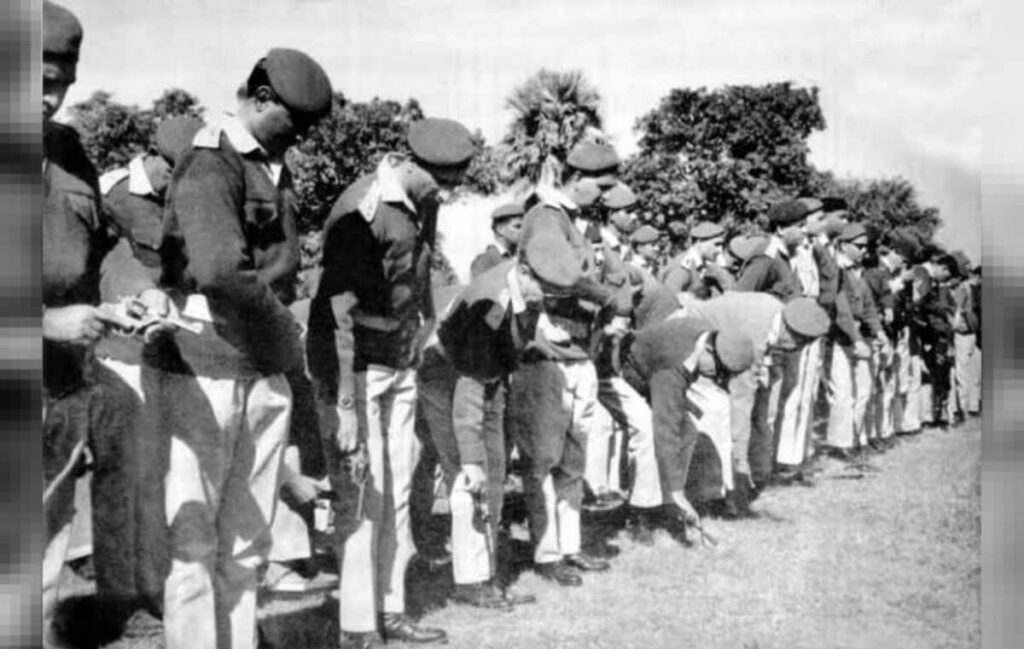
Pakistan’s capitulation in Dhaka on December 16, 1971, was a watershed point in both India’s and Bangladesh’s military history. Indira Gandhi weighed the financial responsibility of caring for the 10 million refugees escaping the Bangladesh Genocide as India celebrated its triumph. In caring for the 93,000 Pakistani troops seized as POWs, India faced a delicate diplomatic task. India sought to go above and beyond the terms of the Geneva Convention. The survival of Bangladeshi leader Sheikh Mujibur (Mujib) Rahman was Prime Minister Indira Gandhi’s primary priority. She was prepared to pay any price to preserve his life, confiding in Ram Nath Kao, the chief of the Research and Analysis Wing (RAW), to assist her. The scenario involved national security and foreign policy considerations that needed to be handled carefully.
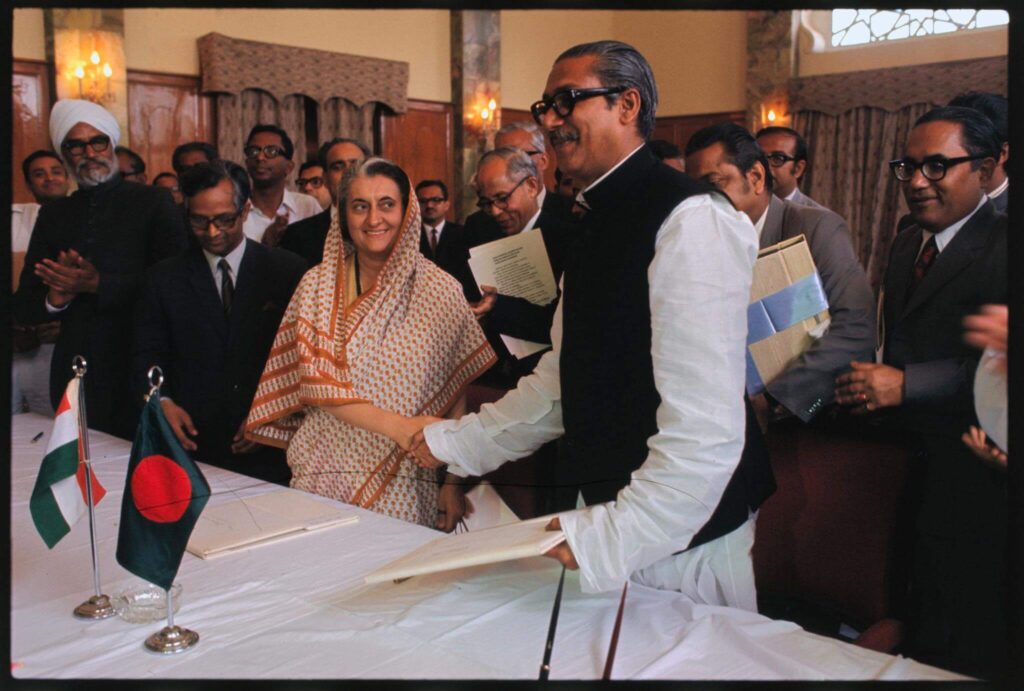
Mujib was convicted and condemned to death by hanging by a Pakistani military court on treason allegations. The Pakistani military’s security forces exhibited its morbidity by digging a 6.5-foot-long trench in his detention cell and hanging a rope over it. Gandhi was concerned that the Pakistani army would execute Mujib, leaving Bangladesh orphaned. India, which had supported Bangladesh’s freedom movement, considered his death as a total failure. As a result, it was in India’s best interests to preserve Mujib’s life, for his sake, the sake of his family, the sake of Bangladesh, and the good of India itself.
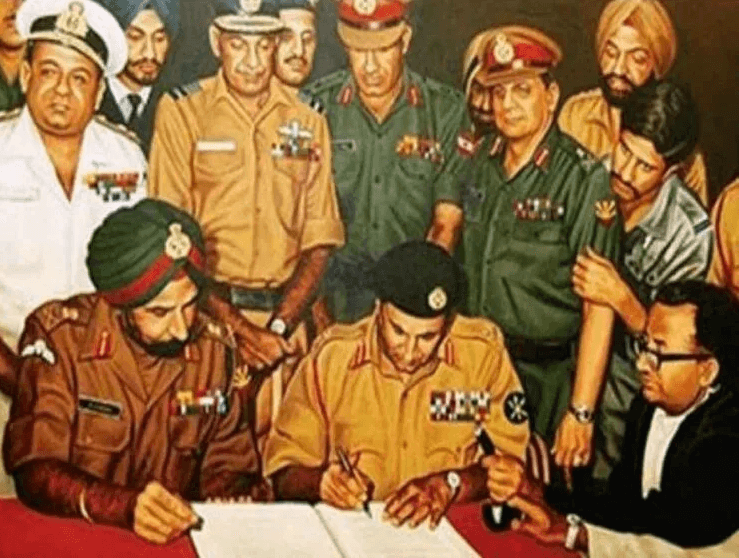
Pakistan’s defeat by India and loss of half of its territory to Bangladesh were seen as insults to its nationhood. This resulted in the demise of Mohammad Ali Jinnah’s two-nation theory, behind Pakistan’s creation. General Yahya Khan accepted responsibility for the tragedy and resigned, naming Zulfiqar Ali Bhutto as the top martial law administrator. Before leaving for Rawalpindi, he asked Bhutto to phone US President Richard Nixon and announce his resignation.
Bhutto’s aircraft from Washington to Rawalpindi was planned to make a refuelling stopover at London’s Heathrow Airport. Prime Minister Indira Gandhi convened an emergency war cabinet meeting in New Delhi to coincide with Bhutto’s arrival at Heathrow. Durga Prasad Dhar, the Ministry of External Affairs’ head of policy planning, Ram Nath Kao, the RAW chief, P.N. Haksar, the prime minister’s senior secretary, and T.N. Kaul, the foreign secretary, all attended the meeting.
Also Read: When Karachi burned and India won the 1971 war
Muzaffar Hussain, former East Pakistan government chief secretary and POW in India, was accommodated as a VIP guest in D.P. Dhar’s mansion in Dhaka on Mrs Gandhi’s directions. When war broke out, his wife, Laila, was in London. Both husband and wife were contacted via diplomatic channels, and a VIP courier was appointed to see Laila Hussain. The prime minister was well aware that Laila and Bhutto had long been close friends, and she was well-positioned to play a significant part in a one-off diplomatic “summit” at Heathrow airport.
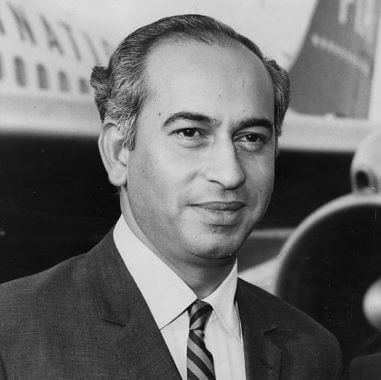
The encounter between Laila and Bhutto took place in the VIP lounge at Heathrow Airport. The reunion was filled with warmth and historic importance, as it represented the grand finish of the story. Bhutto reacted to Laila’s heartfelt plea for assistance in obtaining the release of her husband from Indian detention by stating that she was doing the Indian government’s bidding. He then whispered a delicate, top-secret message to Laila, disclosing that she was acting on behalf of the Indian government. “Laila, I know what you want,” says the source. I’m guessing you’re [bearing a request from Mrs. Indira Gandhi]. Please convey to her that once I take over the office back home, I will promptly release Mujibur Rahman, allowing him to return home. What I want in exchange, I will inform Mrs. Indira Gandhi via another means. You may now depart.”
Following a discussion with Laila Hussain, a private note containing her advice was conveyed to the PMO in Delhi. Bhutto’s hopeful message thrilled Gandhi, but he remained wary of his dependability. She requested confirmation from Pakistan’s foreign office, and within hours, a response from Islamabad verified Laila’s claim’s veracity. As a result, Gandhi took matters into her own hands, pushing the debate from the bureaucratic to the political levels. The prime minister maintained a cautious optimism, doubting Bhutto’s motives and the veracity of Laila’s account.
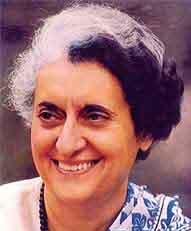
Indira Gandhi revealed that Bhutto wanted Rahman released first, and she confirmed what Bhutto wanted from her in exchange for Rahman’s freedom. Bhutto had no choice except to free Rahman first, followed by the POWs. Gandhi had made up her decision, and if Bhutto approached her personally, she would not hesitate to consent to the release of the POWs. On January 8, 1972, Bhutto overturned the death sentence imposed by a military court in Rawalpindi and liberated Mujibur Rahman in a display of phoney geopolitical charity. On January 10, 1972, Mujib took over as Prime Minister of Bangladesh.

Under the Shimla Agreement of August 2, 1972, India authorized the release of all 93,000 Pakistani POWs in return for saving the life of Mujibur Rahman, Bangladesh’s father of the nation. This was supposedly an important step forward in international relations. The violent death of Rahman and his family in 1975 by Abbottabad-trained army officials, on the other hand, appeared to be the outcome of the International Security Initiative’s (ISI) unfinished business in Bangladesh. The ISI’s goal was to punish Rahman for his participation in undermining Pakistan’s territorial integrity. Rahman’s release from prison in 1972 was viewed as a diversion, and the Kashmir issue went unaddressed, resulting in Pakistan’s proxy war, which continues to this day.
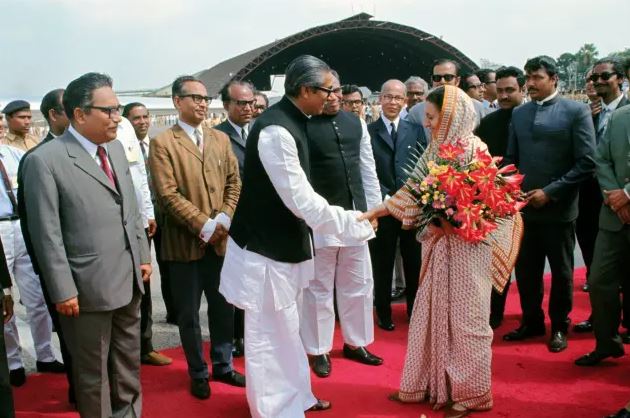
In a letter dated December 16, 1971, Justice Abu Said Choudhury, subsequently Bangladesh’s president, warned Mrs Gandhi of terrible repercussions if she opted to unilaterally halt fire on the western front. He considered that the Bangladesh conflict was still unfinished work since thousands of people died and blood and tears flowed.
He concluded, “When you cut off a cobra’s tail, its head becomes ten times more venomous.” The letter arrived a day late on the prime minister’s desk.

